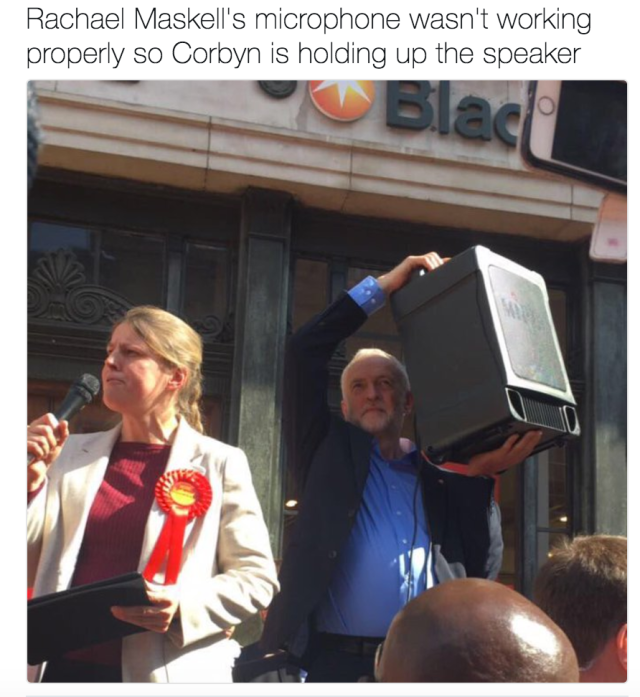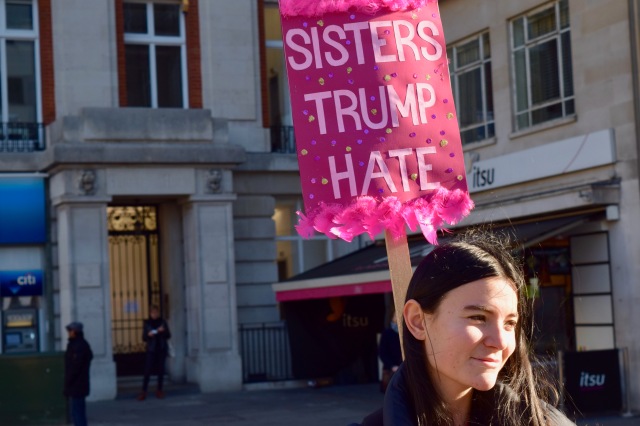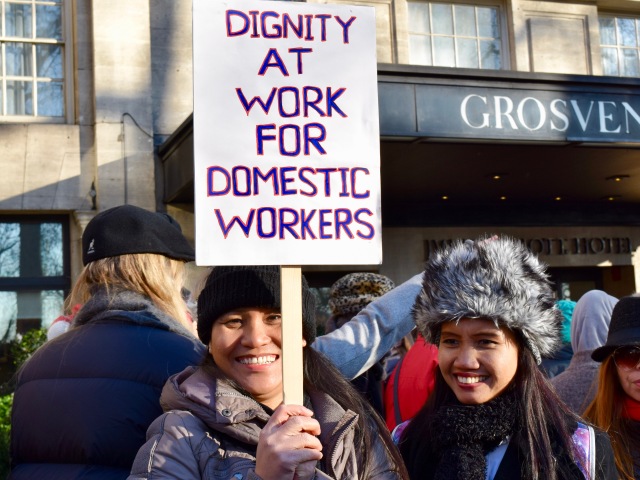
Since my diagnosis of vulvodynia (which I wrote about in April) my situation has unfortunately continued to deteriorate. Each time it has felt like there has been some progress my positive feelings are swiftly shattered. The initial gratitude I felt for getting a diagnosis wore thin very quickly as I came to terms with the mammoth struggle I was up against, particularly at a time when the NHS is as under-resourced as it is.
After having seen the two consultants at the psycho-sexual unit, I started taking my daily 10mgs of amitriptyline. Even at this very low dosage, I immediately started feeling very tired. I decided to stop drinking for the first month or so of taking this medication having read about the extreme tiredness that alcohol brings on in many people who take amitriptyline – this left me feeling quite socially isolated and depressed at first but I thought it was best to allow my body to get used to the medication. Over the next few months the doctor gradually increased my daily dosage until I was taking 50mg per day. Once the dosage had hit 40mg, I noticed that the pain in my vulva had definitely dulled. I was no longer feeling pain when I sat down and the burning sensation was far less severe. The vaginal pain on penetration, however, was exactly the same – I still could not have sex. Despite the dulled vulval pain, I realised that this medication was really not working for me because every time I went on a night out it would get to the point where I physically could not keep my eyes open because I was so tired: I did not feel safe trying to get home at night by myself.
During these long months I slowly lost my sex drive almost completely. The fear of pain and the build up that I would have to go through mentally each time made any sexual interaction incredibly unappealing. What’s more, the vulval pain is unfortunately concentrated most around my clitoris and so I did not even want to touch myself, let alone let my partner. There obviously were some good days when I was able to have a sexual encounter but I generally found it easier to just avoid sex.
The effect that this has had on my mental state is difficult to describe, but I think the best I can do is to say that I feel like the vulvodynia has taken the old me hostage. I used to be sexually confident and happy where I now feel a deep sense of insecurity and anxiety. Even though I obviously have good days (because it would be too physically exhausting to feel how I do on my bad days everyday) I feel like most days I must numbly accept my unhappiness and pain, which I mostly do by filling my days with stuff – lots and lots of reading, talking (probably quite maniacally), doing work, writing, volunteering, going to meetings. I find small talk incredibly difficult in a way that I never used to. I often find myself sitting with people wishing I wasn’t there. I don’t want to make out that I have become some kind of social recluse, I haven’t, but I have become more socially anxious and find talking to certain people hard.
What really does not help is that lots of doctors like to tell me that being stressed can make the vulvodynia worse whilst they simultaneously do not offer me mental health support and say stuff like: “Ohhh poor you, it must be very frustrating. We’ll get there in the end”. After I burst into tears at my last appointment with the doctor at the sexual health unit (I am still confused as to why my doctor is here when vulvodynia is not a sexual health issue but a gynaecological one), he decided that I should start taking new medication, as the amitriptyline was not doing the trick. He prescribed me an anti-convulsant drug (Gabapentin) that is generally used to treat epilepsy. He told me that some women find that this can help because vulvodynia can make your vaginal muscles spasm and therefore your vagina tightens making penetration difficult. The downside to this medication is I now have to take it three times a day, as opposed to once as I had done with the amitriptyline, and thus far I can report no improvements. On the plus side, I no longer experience extreme tiredness or in fact any other negative side effects. Because of my crying fit, this doctor confusingly told me that I should go back to my GP to be referred for pelvic floor physiotherapy.
I went to said GP appointment this morning and was told to stop reading up on vulvodynia online or in books because overthinking it will make the situation worse. She did not seem to really understand what vulvodynia is (no surprises there) and was making all of the worst assumptions about vulvodynia being a result of my mental health. This made me want to fly out of my chair and punch her in the face but instead I just cried again and tried to calmly explain that the vulval pain has nothing to do with my anxiety, my anxiety is there because of the vulval pain. I managed to get her to refer me for physiotherapy but really she seemed like she wanted to bundle me out of the room.
What am I supposed to do? Wait the 3 months in between my appointments twiddling my thumbs, taking medication that does not help me? Of course I seek out help online because talking to other sufferers of vulvodynia has enabled me to find some respite and some useful information and advice. I feel like I am being passed around between medical professionals in the NHS who are too overworked to care about what I have been going through because I am not dying. It is getting to the point where I feel like I should seek out a specialist privately because this year and a half long process is dragging me further and further from the happy person I want to be.
Something surely has got to change – how can so many women be suffering in the same way with so little support? Waiting lists are at least 3 months long for most services and in between, I am left flailing around unable to speak to most people I know and crying intermittently to my mum or boyfriend. The sad truth though is that without serious funding for the health service, vulvodynia is going to be so far down the list of priorities that all health professionals can possibly do is chuck some medication at you and hope for the best.























